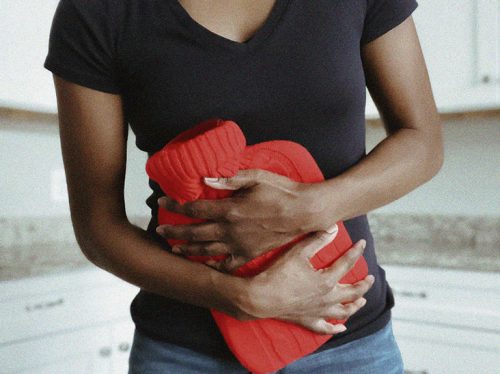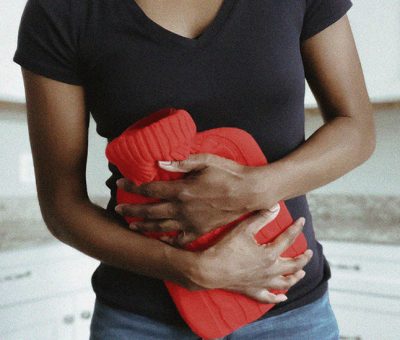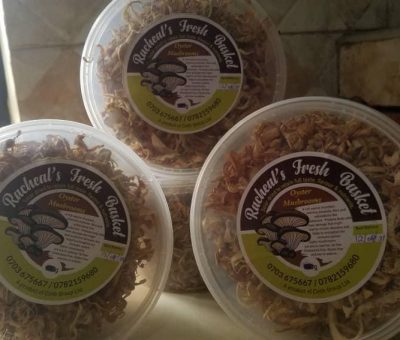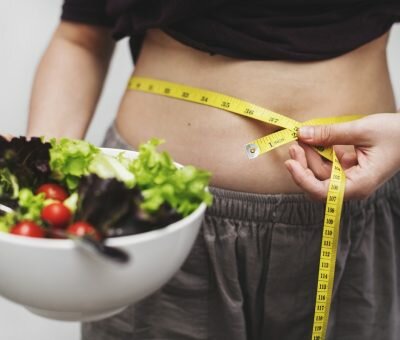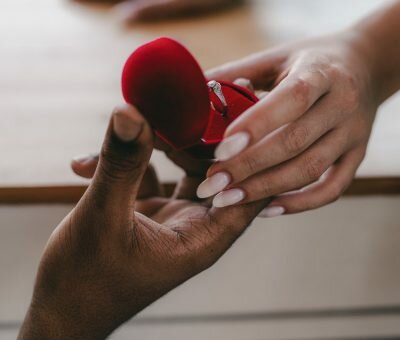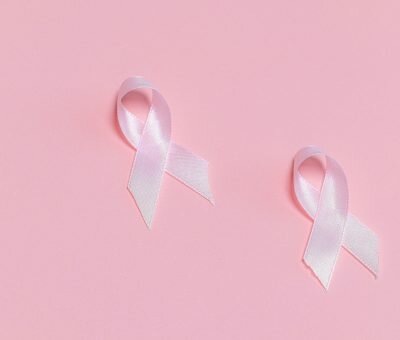Tips to relieve period cramps at home
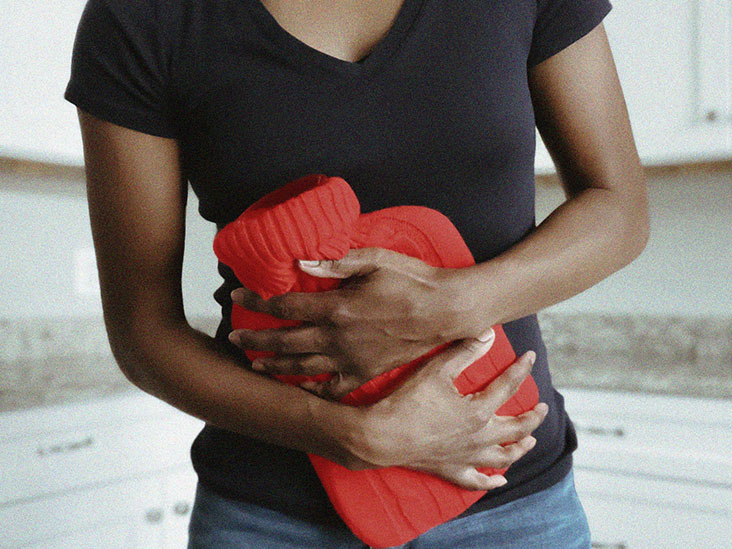
Period cramps, also known as dysmenorrhea, can be a nightmare. They manifest as throbbing and aching pains in the lower belly right before or during one’s period and occur as a result of the uterus contracting to help expel its lining. Other symptoms may include lower back pain, upset stomach, vomiting and loose stool, among others.
For some women, period cramps are intense and require admission to hospital, while for others it is just a feeling of mild pain in the lower abdomen. According to Julie Kobusingye, a nutritionist, there are some ways to prevent and soothe these pains at home without resorting to over the counter medicines for relief.
“Mild to temporary cramps can be treated at home without having to visit the pharmacy for pain relieving tablets,” she says.
Here are some remedies Kobusingye advises can get you through the pain smoothly:
Ginger and cinnamon
Ginger is considered an effective pain reliever for human muscle pain which makes it an option for relieving period pain. Simply crush or grate a few pieces of fresh ginger, add cinnamon, put them in a cup and add hot water to make soothing tea. It should give you relief within 30 minutes. Cinnamon may also help to prevent nausea and vomiting for some.
Applying heat
This is an old traditional tip even our grandparents used. Heat is known to stimulate the flow of blood easily and relieve from the strong contractions in the uterus that increase period pain. Simply pour hot water in a hot water bottle then wrap a cloth around it so that it does not burn your skin. Then, place it on your lower abdomen. In case a hot water bottle isn’t available, use a hot towel or take a warm bath. For some, even hot tea can help.
Massaging with essential oils
Essential oils are not only used to treat headaches and heartburn, they have several benefits which include relieving menstrual cramps. Some essential oils that can help include lavender, peppermint, fennel and rose and they can be mixed to be used in massage therapy and aromatherapy.
Experts advise that essential oils can be diluted with a carrier oil such as sweet almond oil and grapeseed for the best effect.
Chamomile tea
Chamomile is a natural relaxing herbal tea known for its soothing properties. It is most popular for promoting good sleep, but it also has anti-inflammatory properties that relieve cramps. It is also good for mood swings, anxiety and depression; some common effects of period. The Chinese have kept this tea as their anti- aging secret for centuries. To make the most out of it, take the tea everyday about a week before the period starts to relieve muscle contractions.
Exercise
Yes, you may be feeling exhausted, lazy and grumpy but your body needs to stay active. You don’t have to over stretch; take on simple exercises such as walking, biking and dancing. Exercises help the body to release endorphins which relieve pain, relax the muscles and improve circulation.
Avoid fatty foods
During your menses, it is advisable to avoid foods that cause bloating and water retention. Such foods include yoghurt, milk and meats. These may increase the number of prostaglandins in the body, which may increase contraction of the uterus hence greater pain. Also, avoid alcohol, carbonated beverages, caffeine and very salty foods. Substitute these with ginger, mint teas or fruits and vegetables.
Drinking water
Keep hydrated all the time. This may sound simple but most people find it challenging to drink water and some totally forget to even drink one glass. Staying hydrated is very crucial during your period because it can help to prevent painful bloating. Warm water will increase blood flow thereby reducing the pain.
Increase magnesium intake
For relief and prevention, you should at least ensure your diet includes foods rich in magnesium for example avocado, bananas, spinach and pumpkin seeds. Magnesium works by relaxing the smooth muscle of the uterus and by reducing the prostaglandins that cause period pain.
Kobusingye says these are only to help soothe pain that is a bit mild. If pain persists, one may need to see a doctor who will prescribe medication according to your symptoms.
thepearluganda
























